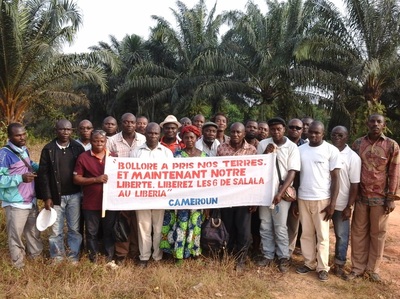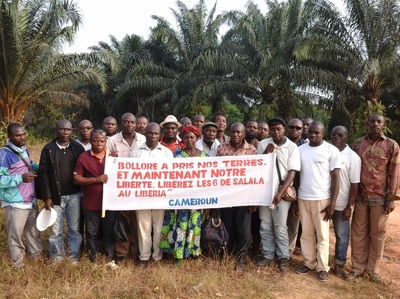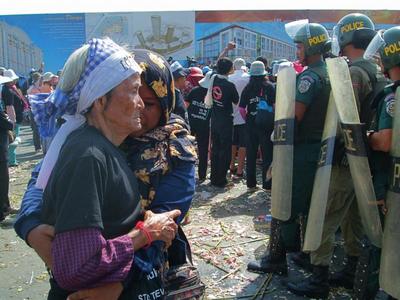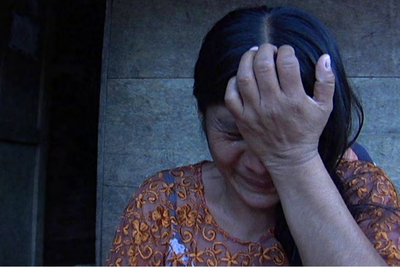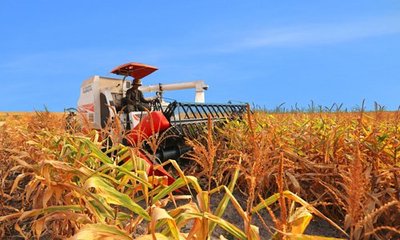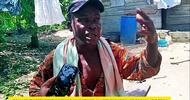Peasant farmers launch series of occupations on Socfin’s plantations
- ReAct
- 22 April 2015
Peasant farmers deprived of their lands launch a series of occupations on Socfin’s plantations in Cameroon, Liberia, Cambodia and Côte d’Ivoire from now until the annual shareholder meetings of the Socfin group (27 May) and the Bolloré group (4 June).




